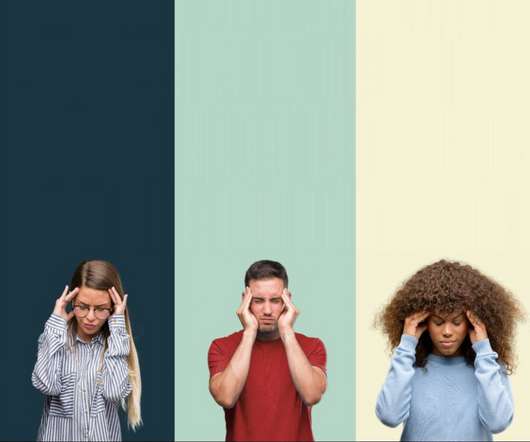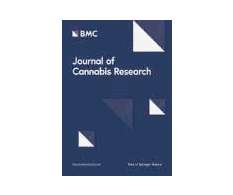Cannabis for IBS: Treating Irritable Bowel Syndrome with Medical Marijuana
Greencamp
FEBRUARY 17, 2019
We produce endocannabinoids—internal cannabinoid-like compounds, that bind to these cellular endocannabinoid receptors. Cannabinoids: A Guide to 13 Bioactive Compounds from Weed. Cannabis research still has a long way to go regarding this topic, and it will take more clinical trials to fully understand how cannabis helps with IBS.













Let's personalize your content